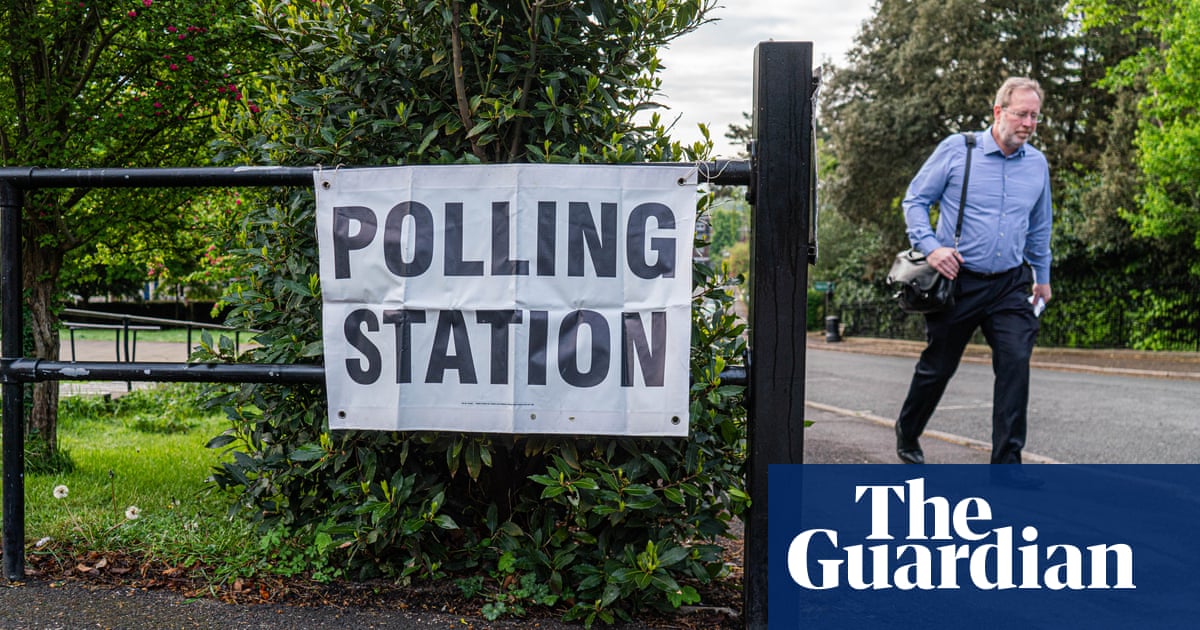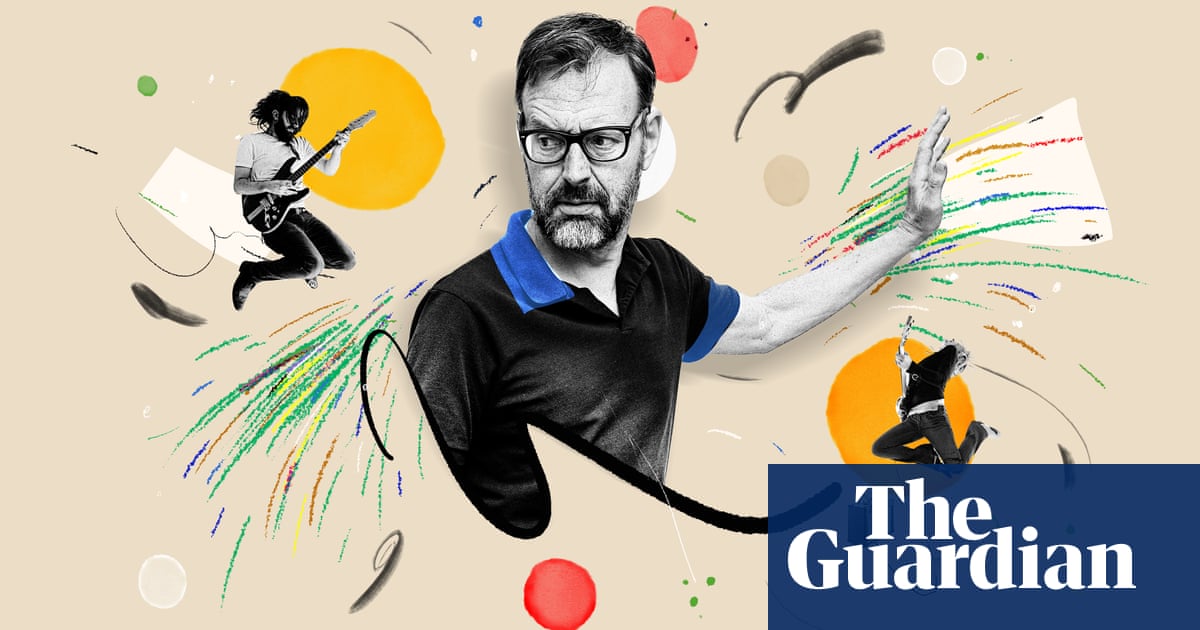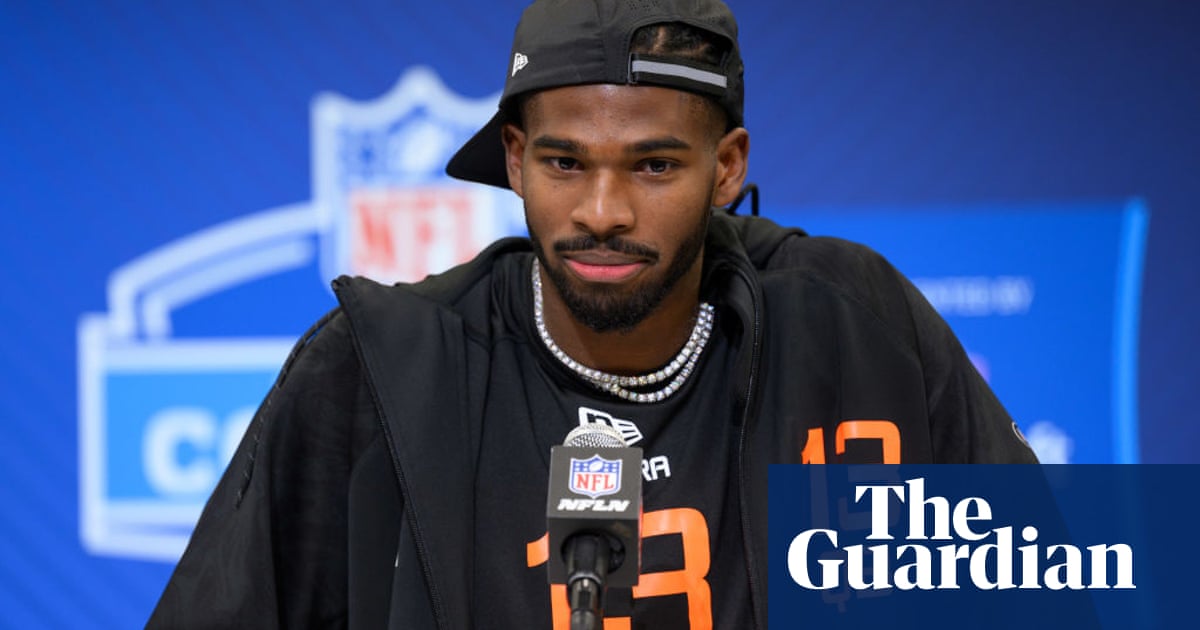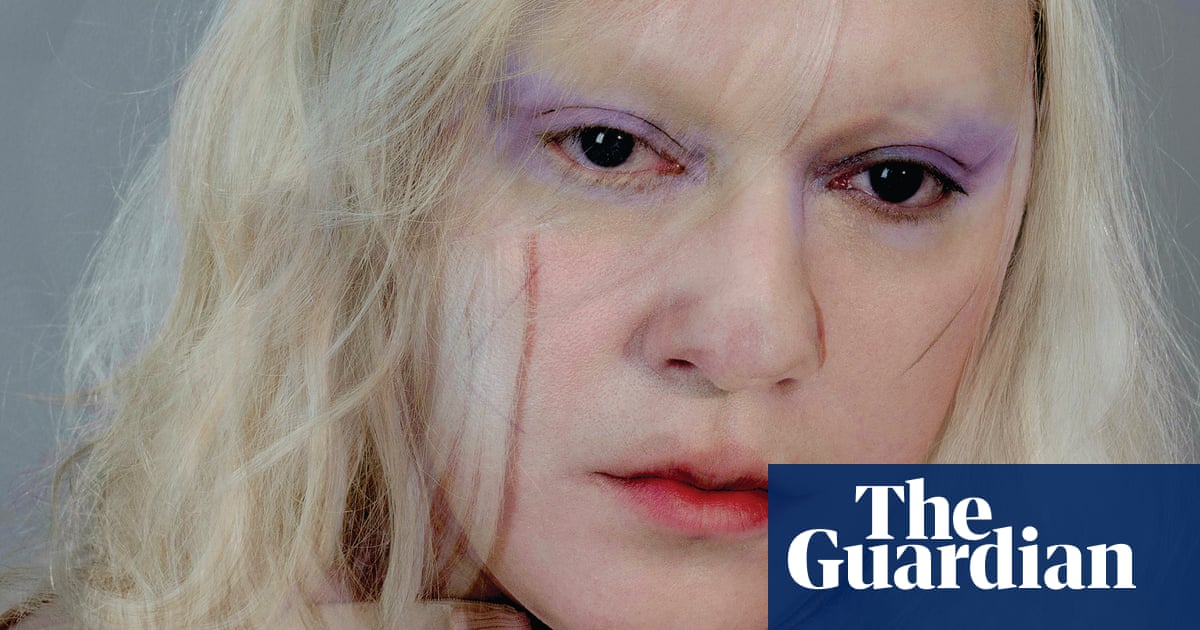A creature of various talents, and the owner of at least three types of shirt, the Great American Bro can take different forms.
The finance bro, for example, favours a Patagonia power vest over his button-ups. The brocialist still thinks Bernie would have won. The gym bro likes to wear the tightest vest he can find, and has biceps you can crack a walnut with. Whatever his particular vibe, however, the bro is a pack animal, most comfortable when surrounded with a group of people who look and act just like him.
And, increasingly, he has no problem finding those people. 2024 was the year of the bro: from pop culture to politics, bros were everywhere. One viral hit of the summer, for example, was a catchy anthem about finance bros. (The lyrics: “I’m looking for a man in finance, with a trust fund, six-five, blue eyes, finance …”) Once derided as Patrick Bateman types, finance bros suddenly became a hot commodity on the dating scene.
As did the sports bro. Taylor Swift has tended to couple up with musicians and actors: her last serious relationship was with the impeccably dressed, politically conscious English actor Joe Alwyn. This year, however, Swift has had Travis Kelce, a big, brawny, football bro, on her arm.
Elsewhere, bros came out to vote in droves in the 2024 election. They emerged from their MMA gyms and podcast studios to help Donald Trump win the election, and they’ve clambered right up with him to the very top of the food chain.
I don’t want to be accused of bro-scrimination, so, before I continue, an important disclaimer. Terms that lump a large group of people together under one label are always going to be overly simplistic. However, they can be a useful way of charting and explaining shifting social trends. 1999-2009, for example, was the decade of the hipster – although, of course, they lingered, with diminishing social capital, for years after. Hipsters, the first real post-internet subculture, were seen as a reaction to mass consumerism.
But counter-cultures are inevitably commodified. As the hipster became mainstream, the parameters of what was considered anti-establishment shifted. In a 2014 piece about the “end of the hipster”, the futurist Chris Sanderson predicted the male hipster would have an image overhaul. “There will be a downturn in this skinny-jean, long-haired feminised look over the next few years owing to the rise of the stronger female role model,” Sanderson hypothesized. In its place would rise “a more macho look, almost to the point of caricature, in a bid for men to reinforce their identity”. Which pretty much nails the gym-obsessed, hyper-masculine, woke-loathing iteration of today’s bro.
If I were really going to get into the bro-mode, I’d have made a 10-hour podcast about the history of the word (bros love long podcasts with lots of details broken up by ads selling you supplements), but you’re going to have to make do with a couple of paragraphs.
First things first: the bro didn’t just emerge out of the shadow of the hipster. It has been around for a very long time. “For most of its existence in English, the word bro led a quiet and unassuming life,” the language expert Katherine Connor Martin wrote in a 2013 Oxford Dictionaries piece about the “rise of the portmanbro”. The word has been used as an abbreviation of brother since 1533. But it really started to take off in the 20th century when it gained popularity in African American communities. Then, of course, white people decided to steal the phrase, and it became synonymous with a type of fratty young guy who liked beer and sports and had questionable personal hygiene. Martin cites the 1992 comedy Encino Man as a pivotal point for the word bro. The TV show How I met Your Mother, which first aired in 2005, also helped popularize the term via a character who lived by the Bro Code.

Over the last decade, and partly because it functions as a sort of linguistic Lego, the word has exploded. There have been brogrammers and thinkpieces on the broconomy. We’ve seen the emergence of the crypto bro and the rise of bro-country music. The 2016 update of the Oxford English Dictionary (OED) saw the length of the entry for bro vastly expand and become 14 times longer than it had been in 1972. The OED’s revised definition notes that the term is often somewhat disparaging and refers to a young man who socializes “with a close-knit group of male peers, typically participating in activities perceived as male-oriented or unintellectual, and sometimes displaying boisterous or rowdy behaviour”.
While that definition isn’t inaccurate (far be it for me to argue with the OED), it has evolved significantly. There’s far more to the modern bro than simply being young, dumb and full of uncompassionate jokes.
At this point you may have started wondering about my own bro credentials. Let me be very clear here: I have none. I am a middle-aged Palestinian lesbian.
However, I am in possession of a telephone and I used it to call up a real life bro with a PhD.
Patrick Wyman, a former sports journalist and MMA enthusiast, has a PhD on the fall of the Roman empire (a subject men can’t stop thinking about) and a podcast called the Tides of History.
The fall of the American empire is a core component of modern bro-ness. The United States is in its imperial death throes: there’s rising inequality, housing is increasingly unaffordable, and life feels precarious. While these economic forces affect all genders, men seem to be doing particularly badly. Boys and young men are underperforming in school and facing increased competition in the workforce from women. Many bros are angry about not automatically being at the top of the hierarchy, Wyman notes.
The bro is “someone who thinks that you can’t get away with saying the things you used to be able to say”, Wyman explains. “And who thinks that, as a group, they should be allowed to say pretty much whatever they want and that other people should have to conform to that.”
But while grievance is a core part of bro-ness, there’s also an almost noble quest for betterment. Bros might have been derided as himbos in the past, but they’re not stupid: they are keen to learn more. This is why podcasts have become such a massive part of bro culture. Bros are dismissive of mainstream media because they don’t feel it reflects their concerns – which isn’t an entirely invalid argument. Instead they listen to hours and hours of UFC-adjacent commentators, like Joe Rogan, Theo Von and Logan Paul, who position themselves as independent thinkers who are questioning the status quo. They’ll get health and wellness advice from guys like Andrew Huberman and Jocko Willink – who often talk nonsense but do so confidently.
And, of course, bros want to improve their bodies as well as their minds: fitness culture, particularly hyper-physical sports like boxing, weight-lifting and MMA, is a core component of being a bro. Trump courted the bro vote by, inter alia, attending three UFC fights while he was campaigning to be president. And the big bro event of the year, of course, was Jake Paul’s fight against Mike Tyson in November. The world watched as Paul, a former Disney star turned boxer prevailed over the legend. (Tyson, of course, is 31 years older than Paul and appeared to do the fight just for the money.)

Even the tech bro now likes to brawl. While the stereotypical Silicon Valley worker used to be a scrawny nerd, everyone in tech now seems to be getting swole. Lex Fridman, an influential podcaster and computer scientist, is a big figure on the MMA scene – and has done some training sessions with Elon Musk (who is a wannabe bro). Then of course there’s Mark Zuckerberg, who has become so passionate about combat sports that a 2024 financial disclosure from Meta warned investors that risk factors for the business include his getting hurt in a fight.
All roads lead back to the Roman empire and it’s worth nothing that, when not sparring, Zuck is obsessed with all things ancient Rome. He honeymooned in Rome and named two of his three daughters after Roman emperors. During a September Meta product demonstration, he also donned a T-shirt with the phrase “aut Zuck aut nihil” – a reference to “aut Caesar aut nihil”, essentially, “either Caesar or nothing”.
Amid an uncertain world, the identity of the bro offers a tantalizing promise of self-ownership and self-expression. “An appealing thing about bro-ness is that it is actually accessible if you’re willing to put in the work,” Wyman explains. “One of the things that makes it appealing to a conservative mindset is this idea that you can improve yourself, you can be better than you are.” And while get-rich-quick schemes like cryptocurrency are quite the opposite of “putting in the work”, they appeal to bros because they feel like a viable path to the life they thought they were going to have. A stable job might be out of reach but there’s always the chance they’ll hit it big on the next memecoin.
If the 2024 election taught us anything, it’s that we shouldn’t underestimate the hordes of aggrieved men who helped usher Trump to power again and who are now going to be running the US. The broligarchy is in charge for (at least) the next four years and they will do their very best to remake the US in their image. Love them or hate them, we should take them seriously, no matter how unserious some of them may seem. Aut bro aut nihil.

.png) 3 months ago
34
3 months ago
34













































